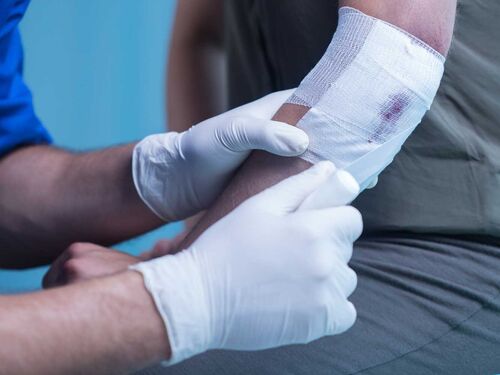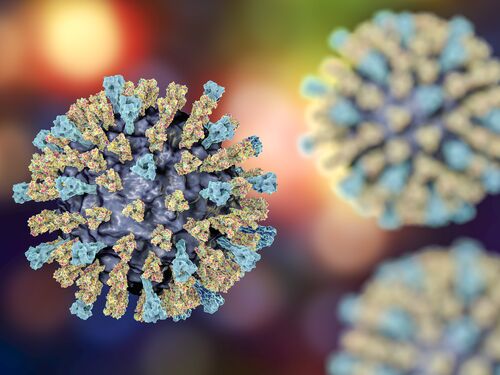What is the purpose of a tetanus shot?
Based on Science
Tetanus shots prevent dangerous infections. Both children and adults should stay up-to-date on their tetanus shots and boosters.
Last update September 3, 2021
Tetanus shots prevent dangerous infections.
A tetanus shot is a vaccine that protects you from getting tetanus. Tetanus, also called “lockjaw,” is a serious disease caused by bacteria called Clostridium tetani. When you get tetanus vaccines as recommended, your body makes antibodies, special proteins that will help your immune system fight the toxin produced by the bacteria.
Clostridium tetani are bacteria that live in soil and manure. Tetanus infections most commonly happen when you suffer a wound that gives the bacteria a chance to enter your body. For example, stepping on a nail is a common cause of tetanus infections. Once inside your body, the bacteria release a toxin that causes your muscles to tighten. This can cause your mouth to “lock” shut and make it hard to swallow. If not treated promptly, the muscle stiffness spreads and, in some cases, can cause death.
Tetanus is now rare in the United States, in large part because of vaccinations and improved wound care. People who work with soil, sewage, or animals are more likely to be exposed to Clostridium tetani bacteria in the event of an injury. In the United States, tetanus infections are more likely to be fatal in people over the age of 65 and people with diabetes, but they are serious in all individuals.
A vaccine is the best protection from tetanus.
Good wound care and prompt treatment reduce the risk of developing a tetanus infection, but the tetanus vaccine is the best way to protect yourself from the disease. Tetanus does not pass from person to person, so “herd immunity” cannot prevent tetanus infections. You also do not build immunity to future tetanus infections by having had a previous infection. As a result, each person needs a series of tetanus vaccines in order to avoid getting tetanus. Tetanus vaccines are often given in combination with vaccines that protect you from other diseases, such as diphtheria and pertussis.
The U.S. Centers for Disease Control and Prevention (CDC) recommends that both children and adults get tetanus vaccines. Once you are fully immunized, you are very unlikely to get tetanus. To become fully immunized, babies and children should get a series of six tetanus shots during childhood and adolescence. To stay fully immunized, the CDC recommends that adults receive a booster shot every 10 years.
Tetanus boosters help to make sure that you have enough antibodies to neutralize the toxin produced by Clostridium tetani should you get an infection. If you are injured and it has been more than 10 years since your last tetanus booster, your doctor may recommend getting a booster shot. If your wound is especially dirty, your doctor may recommend a booster shot even if it has been less than 10 years since your last tetanus shot.
Tetanus vaccines do have some known side effects.
Most tetanus vaccine side effects are mild and temporary. Common side effects include:
pain or swelling where the shot was given,
fever,
tiredness, and
vomiting
An allergic reaction is a rare but more serious possible side effect, as is a fever of more than 105 degrees Fahrenheit in children. You should also tell your health care provider if you have ever had a condition known as Guillain-Barré syndrome.
Unless your doctor tells you otherwise, the risks posed by a tetanus infection are much worse than the very small risk associated with the vaccine.




